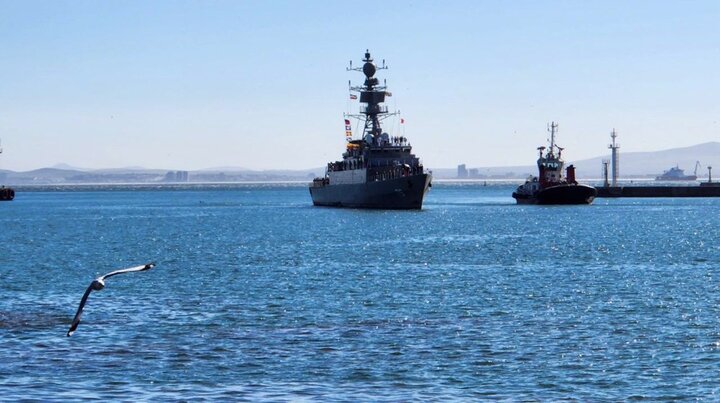Al-Jadid carried the report on Friday, saying China had already begun mediating negotiations among Tehran, Riyadh, and Abu Dhabi aimed at reinforcing maritime navigation's safety in the strategic body of water.
Back in March, Beijing successfully mediated talks between Tehran and Riyadh that led to the Persian Gulf littoral states' signing of a deal enabling the restoration of their diplomatic ties.
According to observers, the Persian Gulf states' consent to Beijing's mediation in such sensitive matters serves to indicate China's growing influence in the region as opposed to Washington's waning clout.
Since the 1979 victory of Iran's Islamic Revolution, the Islamic Republic has invariably opposed foreign meddling and presence in the region, asserting that the regional issues have to be addressed by the regional players themselves.
The latest instance of the opposition came last Friday when the commander of the Islamic Revolution Guards Corps (IRGC) Navy categorically dismissed the US military’s presence in the Persian Gulf under the pretext of securing the maritime region.
Rear Admiral Alireza Tangsiri said only Iran and other regional countries would ensure the security of the Persian Gulf and there was no need for the US and other countries to be present in the waterway. "If we back down against the enemy, it will definitely dominate us and we have no choice but to stand and resist, which is the path to the victory of our nation,” he said.
The UAE has, meanwhile, announced quitting a United States-led naval force.
On Wednesday, the website of the Emirati foreign ministry said Abu Dhabi had withdrawn from the Joint Maritime Forces that operate in the Red Sea and the Persian Gulf.
The ministry said the Emirates had decided to ditch the naval coalition following an extensive evaluation of its security needs.
Analysts say Abu Dhabi has chosen the withdrawal in line with its ambition to diversify its security relationships.
MNA/PressTV

